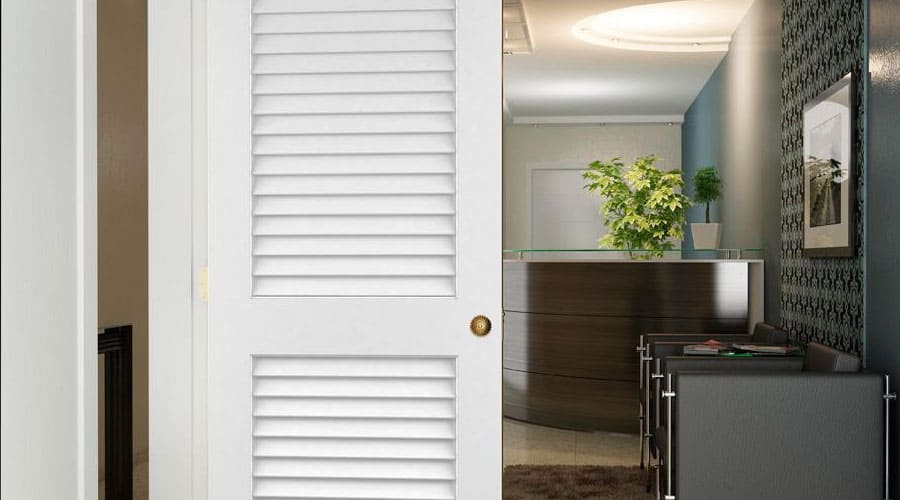Introduction
Wooden louvers, with their timeless appeal and practical functionality, have become a staple in architectural design. From homes to commercial buildings, these versatile elements offer both aesthetic enhancement and functional benefits. In this article, we delve into the world of wooden louvers, exploring their features, installation process, maintenance tips, and more.
Understanding Wooden Louvers
Wooden louvers, also known as wooden blinds or shutters, are horizontal slats made from various types of wood, such as cedar, pine, or oak. These slats are angled to allow light and air to pass through while providing privacy and controlling the amount of sunlight entering a room.
Wooden louvers come in various sizes, finishes, and designs, making them suitable for different architectural styles and preferences. Whether used indoors or outdoors, they add character and charm to any space.
Benefits of Wooden Louvers
- Enhanced Aesthetics: Wooden louvers add warmth and sophistication to interior and exterior spaces, elevating the overall ambiance.
- Privacy Control: By adjusting the angle of the slats, users can regulate the amount of privacy they desire, without compromising on natural light.
- Light and Ventilation: These louvers allow for natural light and air circulation, promoting a comfortable and well-lit environment.
- Insulation: Wooden louvers provide insulation against heat and cold, contributing to energy efficiency and reducing utility costs.
Installation Process
Installing wooden louvers requires precision and careful planning. Here’s a step-by-step guide:
Preparation:
Before installation, ensure you have the necessary tools and materials, including louvers, mounting brackets, screws, and a measuring tape.
Measurement:
Measure the window or opening where the louvers will be installed to determine the required size and quantity of louvers.
Mounting:
Attach the mounting brackets to the window frame or wall, ensuring they are level and securely fastened.
Installation:
Attach the louvers to the mounting brackets, making sure they are aligned and spaced evenly. Use screws to secure them in place.
Finishing Touches:
Once installed, adjust the louvers to the desired angle and test their functionality. Make any necessary adjustments for a perfect fit.
Maintenance Tips
To keep wooden louvers looking their best and functioning smoothly, regular maintenance is essential. Here are some tips:
- Dust Regularly: Use a soft cloth or duster to remove dust and debris from the louvers.
- Cleaning: Periodically clean the louvers with a mild soap solution and water, taking care not to saturate the wood.
- Avoid Moisture: Wooden louvers are susceptible to moisture damage, so avoid exposing them to excessive humidity or water.
- Inspect for Damage: Routinely inspect the louvers for any signs of wear, damage, or loose components, and address them promptly.
FAQs (Frequently Asked Questions)
- Are wooden louvers suitable for outdoor use? Wooden louvers are suitable for outdoor applications, but they require proper sealing and maintenance to withstand exposure to the elements.
- Can I install wooden louvers myself, or do I need professional help? While DIY installation is possible for those with experience and the right tools, it’s recommended to seek professional assistance for precise and secure installation.
- How long do wooden louvers typically last? With proper care and maintenance, wooden louvers can last for many years, providing enduring beauty and functionality to your space.
- Do wooden louvers offer any sound insulation benefits? While not primarily designed for soundproofing, wooden louvers can help reduce external noise to some extent, particularly when closed.
- Can I paint or stain wooden louvers to match my décor? Yes, wooden louvers can be painted or stained to complement your interior or exterior color scheme, offering endless customization options.
- Are wooden louvers eco-friendly? When sourced from sustainably managed forests, wooden louvers can be a environmentally-friendly choice, contributing to carbon sequestration and promoting renewable resources.
Conclusion
Wooden louvers are more than just decorative elements; they are functional additions that enhance privacy, control light and ventilation, and add character to any space. With their timeless appeal and versatility, wooden louvers continue to be a popular choice for both residential and commercial applications.


